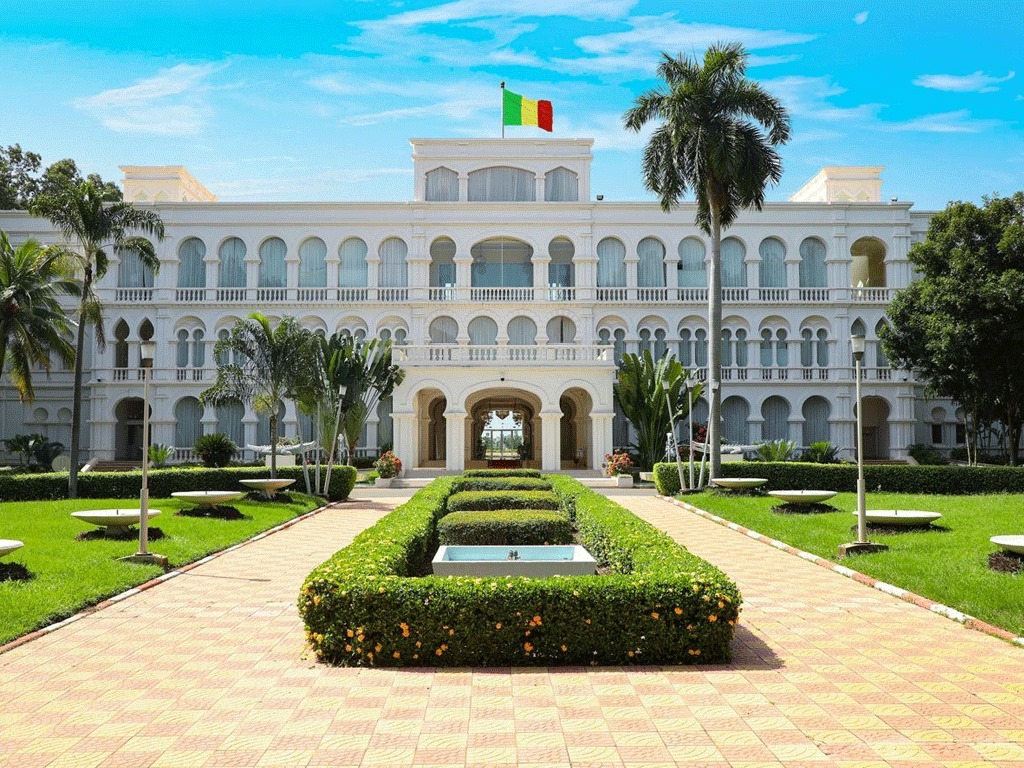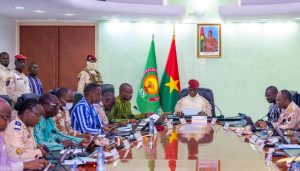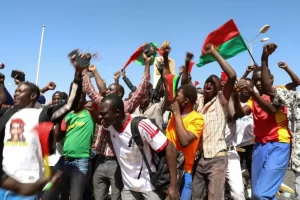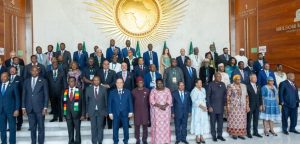Mali:The government sets new targets for reflation and sovereignty

Presided over by General Assimi Goïta President of Mali, the Council of Ministers held its regular session on Friday, June 27, 2025, in the deliberation chamber of Koulouba Palace. This governmental meeting, conducted within the framework of transitional governance, examined several legislative proposals and addressed critical national issues.
The Council adopted significant legislative measures, including a draft law authorizing the Government to legislate by ordinance during the parliamentary intersession period.
This mechanism, grounded in Articles 121 of the Constitution and 13 of the Transition Charter, ensures the continuity of public administration between April and October 2025, enabling the Government to implement its action plan without awaiting the next session of the National Transition Council.
In the economic and mining sectors, the Council approved several decrees. These included extending the implementation period for installing customs scanners at Diboli, Sikasso, and Mahinamine border posts without additional financial implications. Furthermore, the transfer of mining assets from Yatéla S.A.
and Morila S.A. to a public entity represents a crucial step in reclaiming national sovereignty over mineral resources while addressing pressing environmental and social concerns.
The session also addressed infrastructure development, approving the allocation of a 17-hectare plot in Diboli to the Ministry of Transport for establishing a truck parking facility.
This strategic initiative aims to alleviate traffic congestion at the Senegalese border while enhancing logistical infrastructure in the Kayes region, reflecting the Government’s broader commitment to modernizing Mali’s transportation network.
Two important communications were presented during the session. The first announced the official launch of the Kayes Drinking Water Supply and Sanitation Improvement Project, a development enthusiastically welcomed by local communities.
The second communication addressed the stabilization of dengue cases, prompting the Transition President to emphasize the continued importance of health measures to combat persistent epidemic threats.
Today’s Council meeting underscores the Transition Government’s unwavering commitment to national stability, sovereignty, and citizen welfare through decisive administrative actions and strategic policymaking. Each decision reflects a careful balance between immediate needs and long-term national development objectives, demonstrating the Government’s holistic approach to governance during this transitional period.
The session concluded with a reaffirmation of the Government’s dedication to implementing policies that strengthen the institutions of Mali, protect its natural resources, and improve the quality of life for all citizens as the nation progresses through this important transitional phase.
Neil CAMARA






